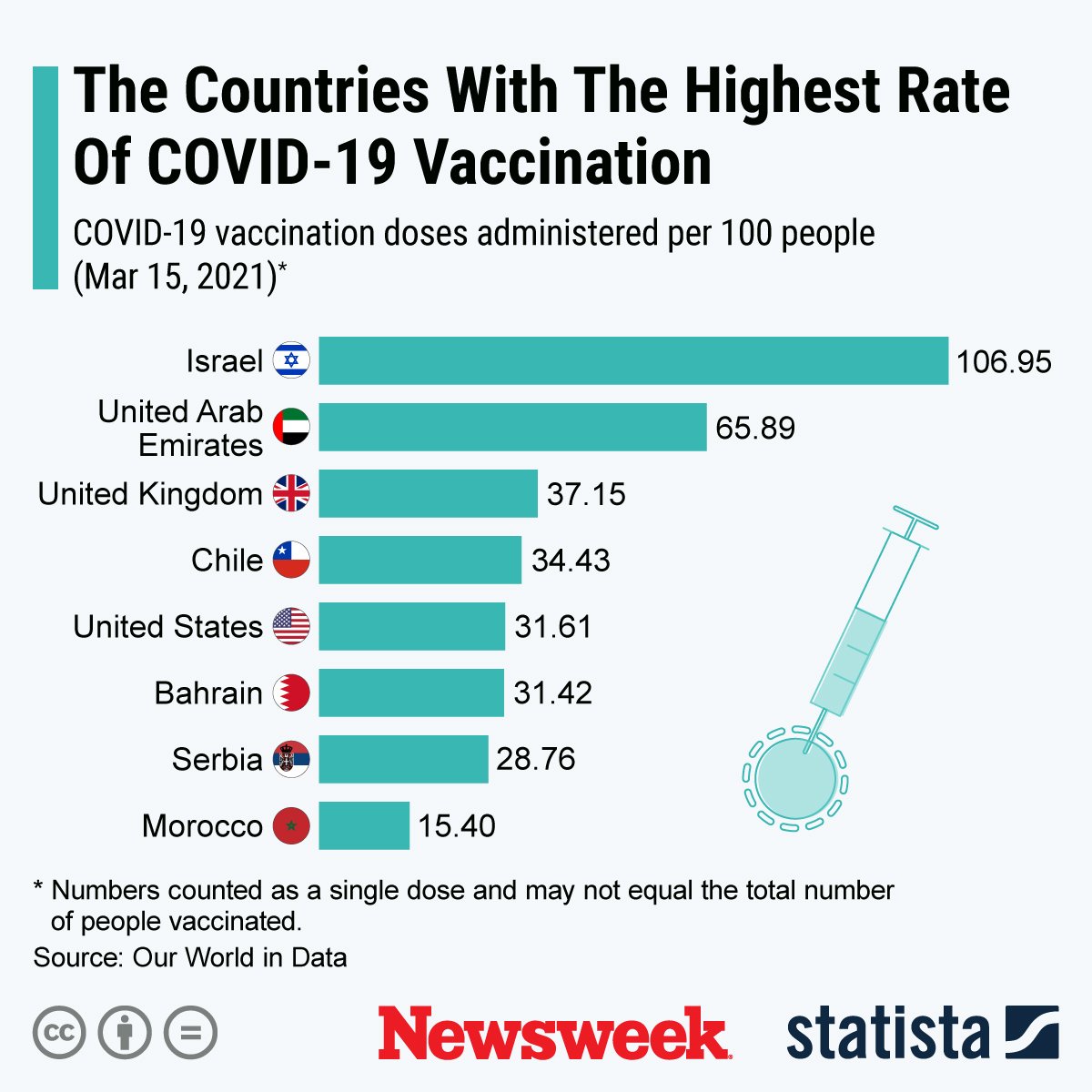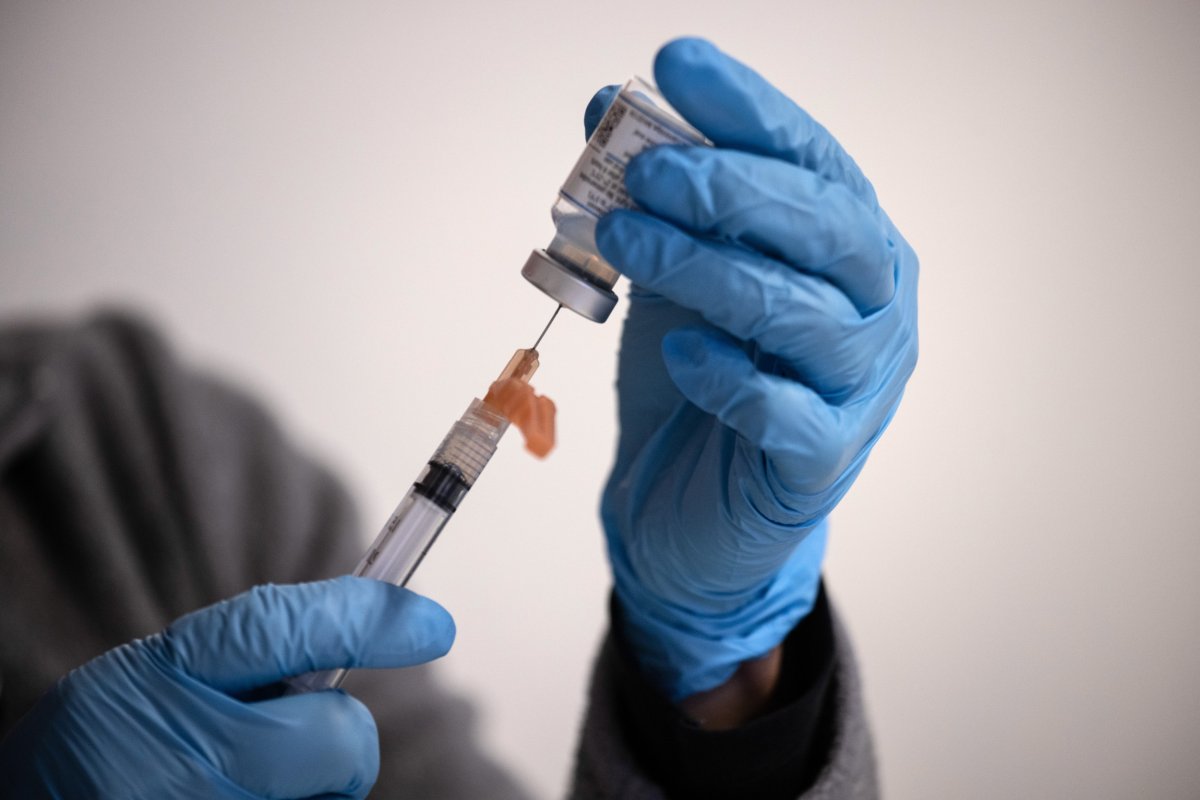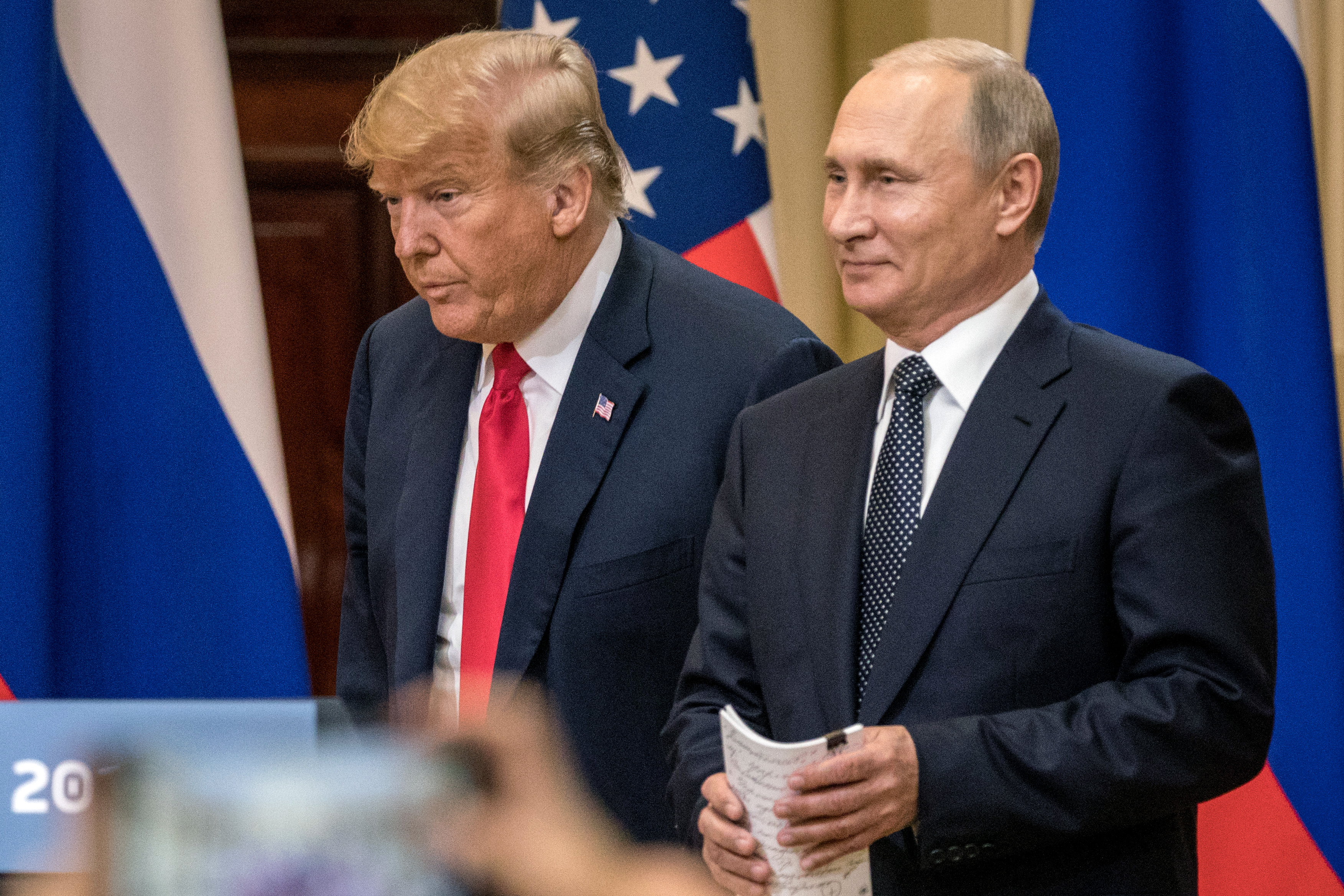🎙️ Voice is AI-generated. Inconsistencies may occur.
Three months in to the country's vaccine rollout, the U.S. appears to be turning a corner in the pandemic, experts have told Newsweek. However, concerns remain, particularly over the spread of new variants.
Since the mid-January peak, there has been a significant fall in new cases, as well as a decline in the number of deaths.
Meanwhile, the vaccination campaign, which began on December 14, has picked up to the point where around 107 million doses have been administered and nearly 37 million Americans are fully vaccinated, figures from the Centers for Disease Control and Prevention (CDC) show.
Andrew Noymer, public health expert at the University of California, Irvine, told Newsweek: "In the U.S., I do feel we are turning a corner. Cases are down. Vaccinations are up, and there is strong demand for the vaccine; I think this notion that anti-vaxxers are going to ruin it for all of us is premature."
"What I see is two million people a day getting jabbed and strong demand. This is not to say that I can't paint a scenario in which vaccination hits a ceiling and problems ensue, but I just think that's getting ahead of ourselves."
This sentiment was also echoed by Lewis Nelson, chair of Emergency Medicine at Rutgers New Jersey Medical School, who told Newsweek: "It certainly feels like we have turned the corner."
And on Sunday, Scott Gottlieb, former commissioner of the Food and Drug Administration under President Donald Trump, told CBS News: "I think overall, the trajectory for the nation continues to look good."
But experts warn there are still potential stumbling blocks that could derail the progress the country has made in recent weeks—notably, the spread of new variants.
"There is a big caveat. The performance of our current immunity, whether naturally acquired or through vaccination, against the variant strains of the coronavirus is unknown and the science has been mixed," Nelson said.
"If a variant escapes detection by our immune system, it can propagate rapidly through the U.S. population just as the native strain did back last March. For this reason, we cannot yet stop wearing masks, socially distancing, washing our hands, and being smart about our activities."
It seems improbable that we will have a world free of COVID in the foreseeable future, so new variants will likely continue to develop in the U.S. or arrive in the country from other parts of the world, according to Nelson.
"A more likely outcome is that the coronavirus variants will become less virulent over time, though perhaps more transmissible, and perhaps become a seasonal variant just as we see with the remnant influenza virus that caused the Spanish Flu."
Lisa Lee, a public health expert at Virginia Tech, told Newsweek that we are currently at a "critical juncture" and whether we recover from the pandemic or face another peak of infections depends on the speed of the vaccine rollout and the extent to which people continue to follow public health guidelines until the population reaches herd immunity.
"We are far from out of the woods," Lee said. "Even with the impressive reduction in cases since mid-January, we are still diagnosing 60,000 cases every day in the U.S. That is where we were during the height of the summer 2020 peak. We are seeing a decline in deaths, which is also encouraging, but again, we still see over 1,500 people dying of COVID-19 every day, more than we were seeing each day in our summer peak. Far too many."
The graphic below, provided by Statista, shows the countries with the highest rate of COVID-19 vaccination.

"Every time the virus is transmitted there is an opportunity for it to mutate," Lee said. "While most of the mutations will not matter, if the virus gets lucky and one of the mutations makes the virus more contagious or allows it to escape the vaccines, we will be facing additional infections and outbreaks. The most important thing we can do to avoid variants from causing a rise in new cases and deaths is to stop transmission of the virus—the sooner we vaccinate everyone, the better."
Newsweek, in partnership with NewsGuard, is dedicated to providing accurate and verifiable vaccine and health information. With NewsGuard's HealthGuard browser extension, users can verify if a website is a trustworthy source of health information. Visit the Newsweek VaxFacts website to learn more and to download the HealthGuard browser extension

About the writer
Aristos is a Newsweek science and health reporter with the London, U.K., bureau. He is particularly focused on archaeology and ... Read more



